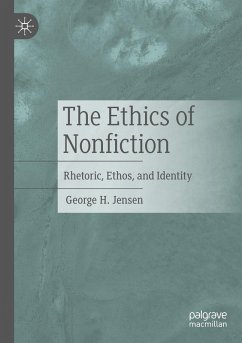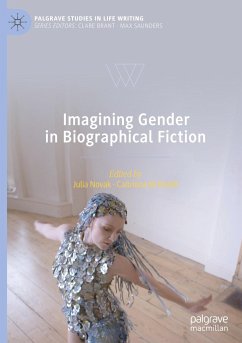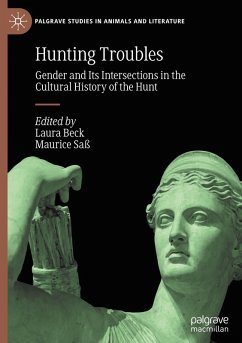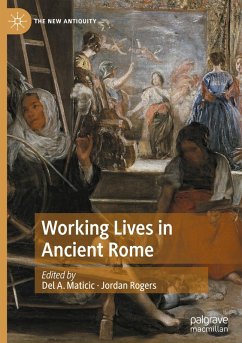
Home and Nation in Anglophone Autobiographies of Africa
Versandkostenfrei!
Versandfertig in 6-10 Tagen
83,99 €
inkl. MwSt.
Weitere Ausgaben:

PAYBACK Punkte
42 °P sammeln!
This book looks at contemporary autobiographical works by writers with African backgrounds in relation to the idea of 'place'. It examines eight authors' works - Helen Cooper's The House at Sugar Beach, Sisonke Msimang's Always Another Country, Leila Ahmed's A Border Passage, Noo Saro-Wiwa's Looking for Transwonderland, Douglas Rogers's The Last Resort, Elamin Abdelmahmoud's Son of Elsewhere, Clemantine Wamariya and Elizabeth Weil's The Girl Who Smiled Beads and Aminatta Forna's autobiographical writing - to argue that place is particularly central to personal narrative in texts whose authors ...
This book looks at contemporary autobiographical works by writers with African backgrounds in relation to the idea of 'place'. It examines eight authors' works - Helen Cooper's The House at Sugar Beach, Sisonke Msimang's Always Another Country, Leila Ahmed's A Border Passage, Noo Saro-Wiwa's Looking for Transwonderland, Douglas Rogers's The Last Resort, Elamin Abdelmahmoud's Son of Elsewhere, Clemantine Wamariya and Elizabeth Weil's The Girl Who Smiled Beads and Aminatta Forna's autobiographical writing - to argue that place is particularly central to personal narrative in texts whose authors have migrated multiple times. Spanning Liberia, Nigeria, Sierra Leone, Egypt, Rwanda, Zambia, and Zimbabwe, this book interrogates the label 'African' writing which has been criticized for ignoring local contexts. It demonstrates how in their works these writers seek to reconnect with a bygone 'Africa', often after complex experiences of political upheavals and personal loss. The chapters also provide in-depth analyses of key concepts related to place and autobiography: place and privilege, place and trauma, and the relationship between place and nation.












